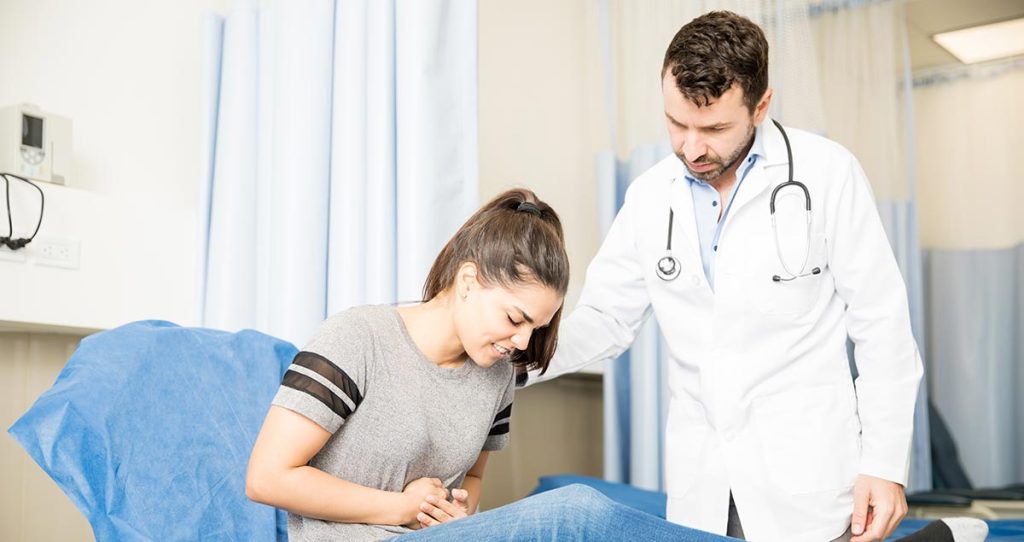
Rectal prolapse can cause discomfort, pressure, and loss of bowel control — but it doesn’t have to control your life. At Core+ Clinic, we use the Emsella Chair to strengthen your pelvic floor muscles and relieve symptoms without surgery, needles, or downtime.
This simple, non-invasive treatment helps support your body naturally so you can get back to living comfortably and confidently.
Thousands of muscle contractions in one session help support the rectum and surrounding organs.
Reduces leakage, pressure, and discomfort.
Sit fully clothed and relax during treatment.
A safe, modern alternative to invasive treatments.
Walk in, walk out, and get back to your day.
You deserve care that feels personal and respectful.
Your comfort and confidence matter.
Take the first step toward feeling strong and in control again.
This treatment is ideal for individuals with mild to moderate rectal prolapse, pelvic pressure, or bowel control concerns who want a non-invasive, discreet, and comfortable solution.
During your session, you’ll sit on the Emsella Chair fully clothed while targeted electromagnetic energy stimulates deep pelvic contractions—like doing thousands of Kegel exercises. Most sessions last about 30 minutes and are pain-free.
Rectal prolapse is more common than many people realize—and early treatment can make a big difference. Let Core+ Clinic help you regain comfort, confidence, and control with Emsella.
Not at all. You’ll feel a tingling or tightening sensation, but it’s comfortable.
Most patients see results with 6 sessions over 3 weeks.
Yes. There’s zero downtime.
Yes — Emsella strengthens pelvic muscles that support the rectum, reducing symptoms and improving quality of life.